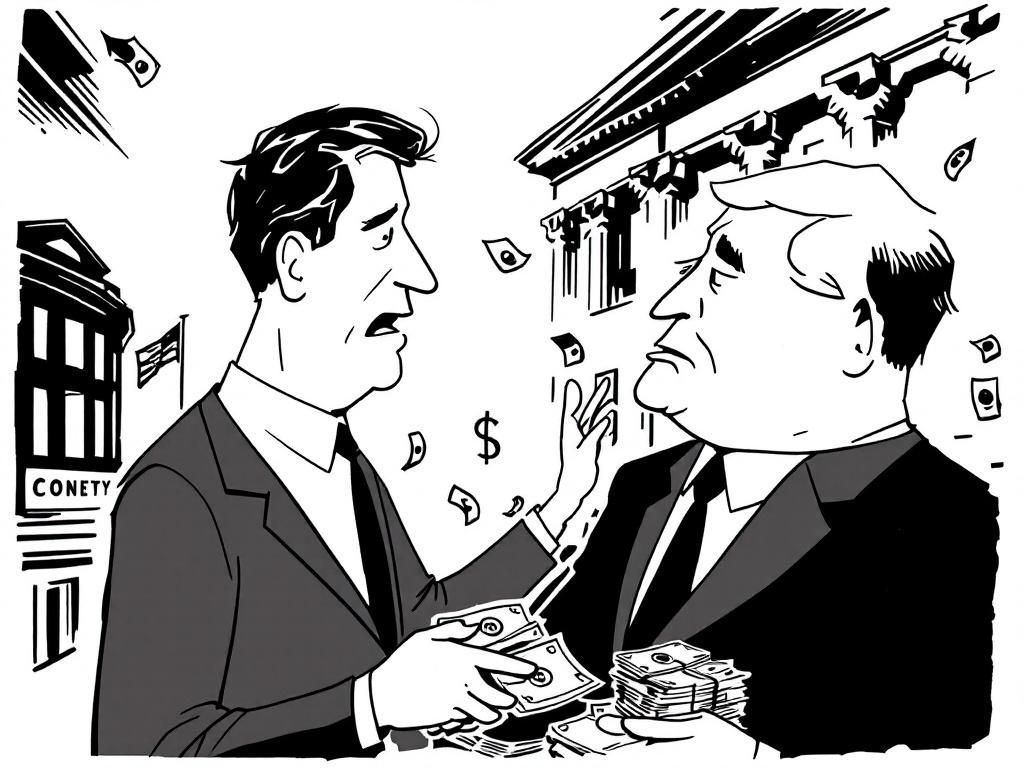Wall Street Raises Concerns Over GOP Tax Bill's Effect on Bond Market

New York, Saturday, 31 May 2025.
Analysts warn that Trump’s tax bill could destabilize the U.S. bond market, raising borrowing costs and adding significantly to national debt, amidst political and economic uncertainties.
Potential Repercussions on the Bond Market
Wall Street analysts have expressed significant concerns over the potential impact of President Trump’s proposed tax bill on the bond market. The legislation, which recently passed the House of Representatives, proposes $2.3 trillion in tax cuts and spending increases. It is projected to add over $5 trillion, including interest costs, to the national debt over the next decade. Such a figure exacerbates fears over the burgeoning U.S. debt, which has consistently run large deficits and now faces mounting borrowing costs due to elevated interest rates [1][2].
Interest Rate Dynamics and Economic Implications
The fear of heightened investor anxiety over rising deficits could lead to increased U.S. borrowing costs. Interest rates, currently at some of their highest levels in recent years, make it particularly expensive for the government to service its debt [1][3]. This concern is underscored by JPMorgan Chase CEO Jamie Dimon, who warns of a potential ‘crack’ in the bond market, although he remains uncertain about the timing of such a disruption [2]. As major investors face these fiscal risks, the interest rates for lending, including mortgages, auto loans, and private company debts, hang in the balance [1][3].
Market Perspectives and Government Outlook
In response to the mounting apprehension, White House officials argue that the fears associated with the bond market are overstated. They insist that similar concerns regarding Trump’s first tax bill did not materialize as initially anticipated [1][2]. Contrastingly, Wall Street executives continue to lobby lawmakers, presenting the fiscal dangers posed by the ongoing tax policies [1]. Meanwhile, Brian Smith, acting assistant secretary for financial markets at the Treasury Department, reassures that the government is equipped to address potential changes to the fiscal outlook [1].
Capital War and International Ramifications
Beyond domestic financial markets, the proposed One Big Beautiful Bill Act, a part of which includes Section 899 targeting foreign investors, has sparked fears of transforming trade conflicts into capital wars. This section potentially raises taxes by up to 20% on passive income for investors from countries imposing discriminatory taxes, such as France’s digital services tax [3][4]. Foreign relations experts speculate that this might lead to capital outflows, as the U.S. heavily relies on international investment to finance its debt. Such a scenario would not only affect the bond market but also the broader global economic landscape, as suggested by industry insiders like Deutsche Bank’s George Saravelos [3][4].